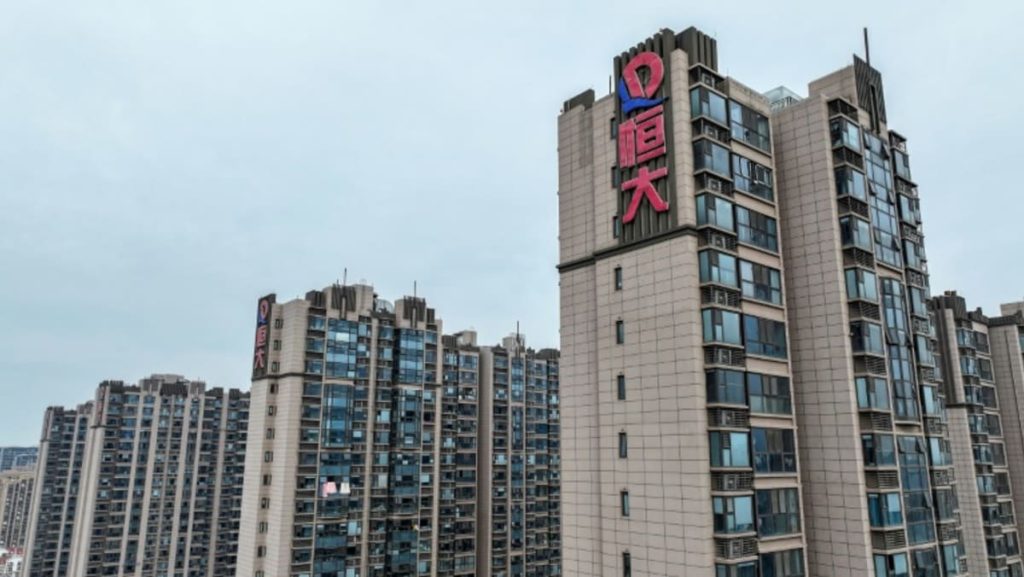China’s Evergrande, a major player in the country’s real estate sector, has been hit with a massive fine of 4.18 billion yuan for engaging in fraudulent business practices. The regulatory body, China Securities Regulatory Commission, found that Evergrande had falsely inflated its revenue and profit from 2019 to 2020 by recognizing revenue prematurely, leading to the issuance of bonds based on misleading information. The company’s founder, Hui Ka Yan, was also fined 47 million yuan and banned from re-entering the securities market for life.
With total liabilities exceeding US$300 billion, Evergrande is the world’s most indebted developer. Earlier this year, a Hong Kong court ordered the company to be liquidated as it failed to come up with a debt restructuring plan more than two years after defaulting on offshore note payments. As the company faces financial difficulties, China is reportedly considering imposing a record fine of at least 1 billion yuan on auditor PricewaterhouseCoopers LLP for their role in the financial misstatements.
Once a dominant force in China’s real estate market, Evergrande’s downfall reflects broader challenges facing the sector as a whole. The company’s struggles with repaying creditors and meeting financial obligations have highlighted the economic risks associated with the real estate industry in China. The situation has become a symbol of the prolonged crisis affecting the country’s real estate market, which played a pivotal role in driving economic growth in recent decades.
The impact of Evergrande’s fraudulent activities and financial woes extends beyond the company itself. The overstated revenue at its main unit, Hengda, has raised concerns about the integrity of financial reporting practices in China’s corporate sector. The potential record fine for auditor PwC underscores the regulatory scrutiny faced by companies involved in financial misconduct. The fallout from Evergrande’s situation serves as a warning to other firms operating in China’s real estate market, highlighting the consequences of unethical business practices.
As Evergrande grapples with its financial challenges, its status as a once-prominent real estate firm has been tarnished. The company’s default in 2021 marked a significant turning point in its trajectory, signaling the severity of its financial troubles. The ongoing regulatory actions against Evergrande and related entities demonstrate the Chinese government’s commitment to enforcing financial accountability and maintaining stability in the economy. The repercussions of Evergrande’s fraudulent behavior serve as a cautionary tale for businesses operating in China, emphasizing the importance of transparency and compliance with regulations to avoid legal and financial consequences.
In conclusion, Evergrande’s massive fine for fraudulent practices and its subsequent financial difficulties underscore the challenges faced by China’s real estate sector. The company’s downfall has broader implications for the country’s economy, highlighting the risks associated with excessive debt and misleading financial reporting. As regulatory authorities take action against Evergrande and related entities, the case serves as a reminder of the importance of ethical business conduct and financial transparency in maintaining the integrity of China’s corporate sector. Moving forward, the Evergrande saga will continue to be closely monitored as a key indicator of the health and stability of the Chinese real estate market.













